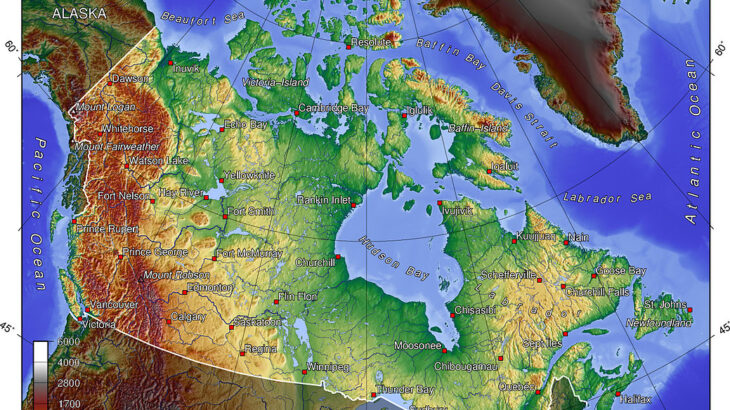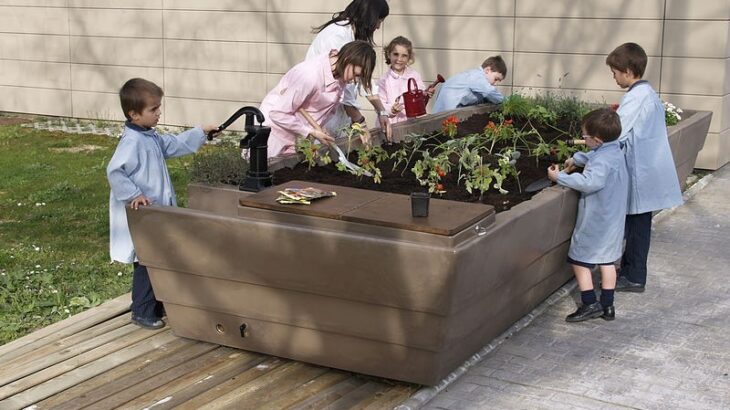
As 2023 comes to a close, we are winding down our series of Borealis Blog highlights. The blog will be back in 2024 with all-new content – but for now, here is one final highlight! Check out this 2019 post about a subject of perennial interest to STEM students: what to do after graduation. In […]







